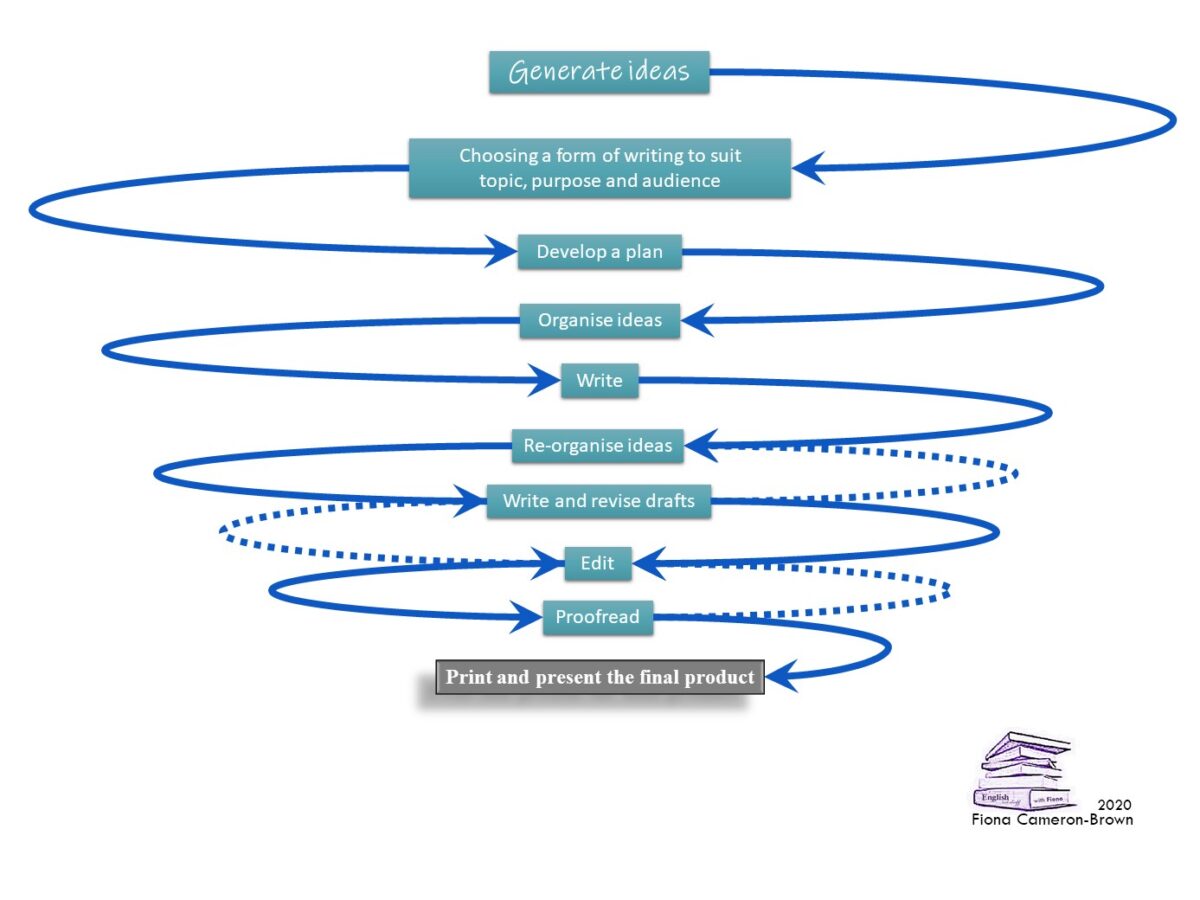Last week, I suggested that you live dangerously and write on the edge. That necessitated you thinking about writing – organising ideas – if you could. To d this, I linked you to an online app that gives writers a blank page and which also stops writers when they’ve reached the allotted number of words. This time it was 250 words and the only requirement was that for each piece you had to have a beginning (introduction), middle and ending (conclusion). Let’s briefly look at the prompts I shared on the English with Fiona Facebook page:
Lockdown This year has seen much of the world in lockdown. It seemed logical that this would be our first prompt. There are no rules about the content. You don’t even have to write about lockdown associated with the novel corona virus or covid-19.
Calendar What is a calendar, and what does it mean to you? Time dragging or time flying by? Or does the word conjure up memories of times gone by? There are no rules about the content. This is your writing based on the prompt.
Purse Purse is a word with many meanings. Perhaps you want to write about the first thing that jumps into your head. You could even write a short story that incorporates the word. It’s entirely up to you. Remember, there are no rules about the content. This is your writing based on the prompt.
Last year… This phrase opens the door to a lot of things: your own memories, fantasy and fiction. You might even wish to indulge in a piece of reflective writing. Remember, there are no rules about the content. This is your writing based on the prompt.
Living What does the word “living” make you think about? There are no rules about the content. This is your writing based on the prompt.
This activity was a free write, and the theme running through all my tips was that there were no rules about content.
Not sharing in public
 Nobody was brave enough to share their writing in public. I understand that. I still remember my first blog post. Hitting the “publish” button was the scariest thing I’d ever done. I also remember the first time my writing went into print. In a national weekly newspaper. That was thrilling and also terrifying; especially as it was an opinion piece that I had published in my newsletter – only intended for clients. Even though writing has been integral to virtually every job I’ve done since I left university, and I love doing it, “putting it out there” is still something about which I think twice.
Nobody was brave enough to share their writing in public. I understand that. I still remember my first blog post. Hitting the “publish” button was the scariest thing I’d ever done. I also remember the first time my writing went into print. In a national weekly newspaper. That was thrilling and also terrifying; especially as it was an opinion piece that I had published in my newsletter – only intended for clients. Even though writing has been integral to virtually every job I’ve done since I left university, and I love doing it, “putting it out there” is still something about which I think twice.
Not for my eyes only
So, every time I write something that’s not for my eyes only, and before I share it, these are the questions that always run through my head:
-
- How many mistakes have I missed?
- Will someone actually read this?
- Is it perfect?
- Can I make it better?
In case you’re wondering, I do miss mistakes. If you’re reading this, that answers at least one of the questions, right?
Perfectly imperfect
Often the piece is not perfect and could be better. I have learned that if I spend too long making something perfect, it will never see the light of day. I have also learned from the years of imperfection. These lessons have helped me to improve my writing and aspects of my writing which we can talk about another time. 
You’re not alone: writing is a process
Why have I shared my experience and what I go through every time I write? Because one doesn’t just sit down and write. One has to think about what one is going to write, organise those ideas and then get them down on paper or into an electronic document.
 That’s where I start – pencil and paper. Then it’s on to the computer and then it’s organising the ideas and writing and revising. I’ve summarised the recursive writing process for you in this very short video. [youtube https://www.youtube.com/watch?v=2OAkpSMBtxQ]
That’s where I start – pencil and paper. Then it’s on to the computer and then it’s organising the ideas and writing and revising. I’ve summarised the recursive writing process for you in this very short video. [youtube https://www.youtube.com/watch?v=2OAkpSMBtxQ]
Doing it again, Sam?
Thank you to the folk who got in touch, and who me to run this exercise again. I will, happily. Please use the contact form below, or send me a direct message via the English with Fiona Facebook page.
What’s next?
Next time, I’ll start looking another aspect of writing. If there’s something specific you’d like me to address, please contact me using the form below. Until next time, be well and be safe Fiona PS: If you need English writing or wish to improve your English, find out more about English with Fiona, here.
Contact Fiona


